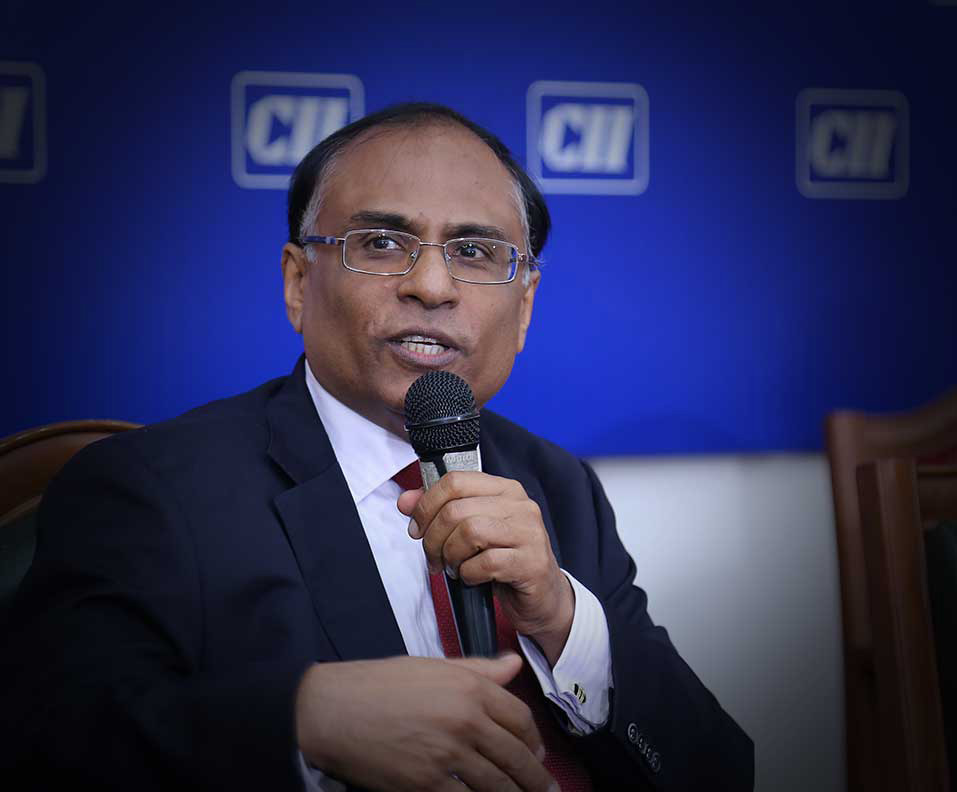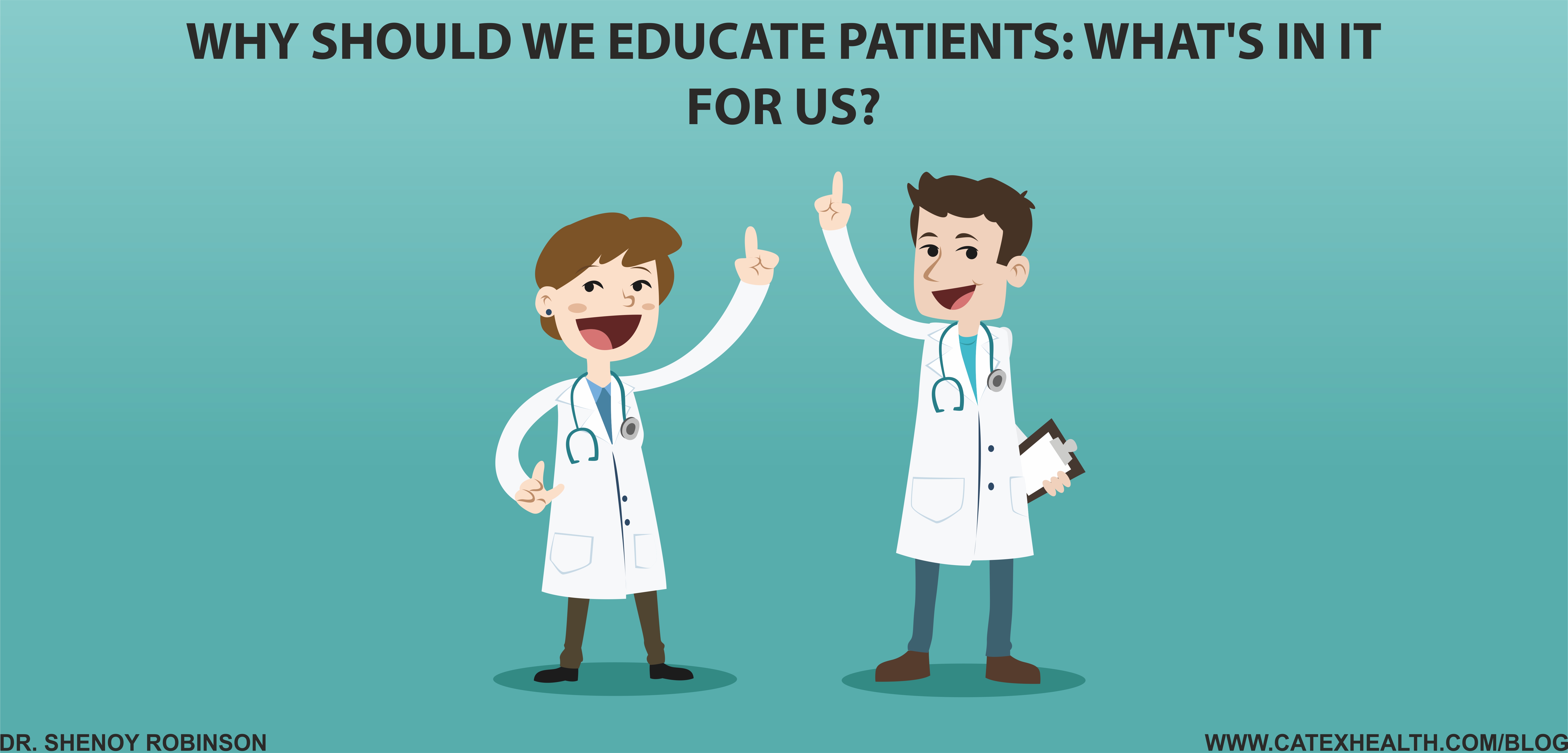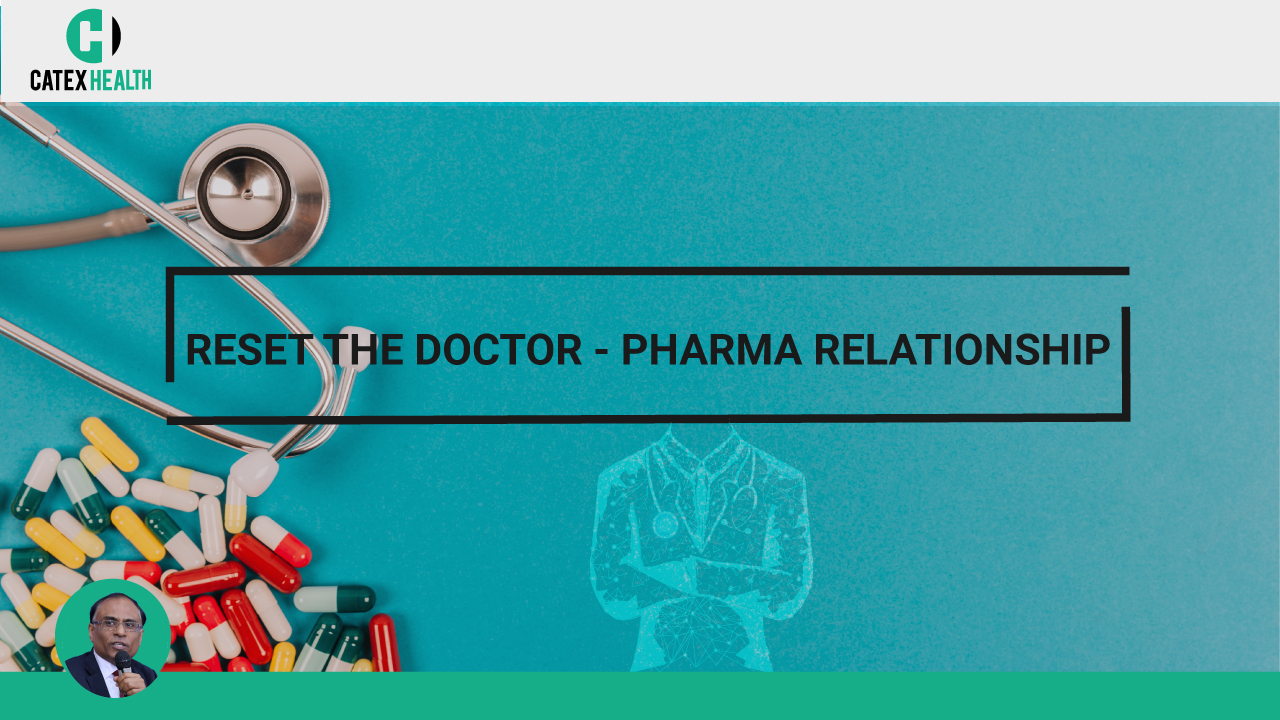Last week, we established that there are seven key skills that distinguish an ordinary doctor from an extraordinary one. We wish that these seven skills were taught to us in medical college. This week we discuss the first key skill – Listening.
Are Doctors Really Listening to Their Patients?

“I am very disappointed and dissatisfied; the doctor did not even listen to me!”
On the other hand, my own psyche and that of my colleagues would be,
“I heard everything that the patient said to me. I am certain about the diagnosis and have started the treatment. I don’t have time to listen to all her stories and imagined symptoms.”
Importance of Listening for Doctors
Is listening a natural ability that all of us have? In a survey conducted by Yelp, one of the most popular survey sites for physician reviews, listening was listed as the second most important skill needed by doctors to ensure patient satisfaction. Unfortunately, listening skills are a rarity in the physician population, which then forces us to ask the following two questions:
- Is listening a natural ability that all of us have?
- Is it actually possible to learn to listen?
In order for us to answer these questions, we need to understand the major distinction between listening and hearing. I like to use the following example to illustrate this: Imagine an occupied house at night, with all of the family home. The parents are fast asleep, with the usual night noises filling the room, the hum of the air conditioner, the snoring, a tap dripping, when suddenly, the mother wakes up and rushes to the next room where the children are asleep, because she has heard her daughter cry out. How could she hear the cry of her child while still asleep and over all the other auditory input coming into her ear? The answer is simple: It is because she cares and hence, is able to differentiate between all the other sounds and the one that matters to her. This is the distinction between hearing and listening.
“Most people do not listen with the intent to understand; they listen with the intent to reply.” Stephen R. Covey
Hearing is a passive phenomenon by which sounds are perceived by the ear, i.e., hearing is all the auditory input that comes into our ear. However, listening is an activity that we consciously choose to do, when we pay attention to the speaker and what is being said.
Is Listening a Critical Skill for a Doctor?
This brings us back to the essential question: do we listen to our patients? I am reminded of the time when I was working in one of the largest private hospitals in Delhi, which had many renowned doctors. One of them was a phenomenon; the sheer number of surgeries that he performed was astounding. However, the constant feedback from his patients was that he was a great doctor but did not listen to them. In fact, after the surgery, he did not even meet with them. Of course, technically, the surgeon was sure about the surgery that he had performed and therefore, did not feel the need to talk much; the results would speak for themselves, wouldn’t they? There’s no fault with this line of thinking, but there is no denying that the patients felt dissatisfied, and a little extra effort could have transformed the feedback to “He is an amazing doctor who really cares!”
Listening is an important skill in any environment. However, listening is even more crucial to the medical profession because it is a commitment to understanding how the other person is feeling, and therein lies the crux of our job. It is also a compliment because it conveys to the other person that we care about what’s happening to them and in their life, and that their experiences are important. This is the heart of listening, and this is why it is a skill that can enhance the level of care we provide, save time and make us extraordinary doctors.
There is one step beyond listening as well, and that is active listening. It involves using the information gleaned and acting effectively on it. So, how should doctors listen actively? How can this critical skill of “active listening” be developed?
There are three steps to it, which if correctly imbibed into our way of working can enable us to be effective listeners.
Step 1: Defining the End Goal of Active Listening
Within a therapeutic setting, it is essential for the doctor or healthcare personnel to understand the patient’s concerns, feelings, thoughts and perceptions accurately. Medical professionals should always attempt to identify the following two things:
- What is the core message that the patient is conveying?
- What are the core feelings that the patients is experiencing?
Once we are able to correctly answer these two questions, we are in a position to modify our responses appropriately, thereby ensuring that the patient is completely satisfied. I have realised that most people are not good communicators, especially when they are ill. Often, they may not be able to put across these two points clearly; in fact, they may not even be aware about their core feelings!
It is critical to appreciate that once we have correctly identified these two issues we can choose and modify our actions, behaviour, communication and the words that we use so that they are appropriate and address the patients’ concerns. Hence, it is our responsibility as doctors to ensure that we accurately identify the core message and core feelings. Otherwise, patients often walk away feeling disappointed.
In India, there are now more and frequent incidents of violence being unleashed on doctors and nurses by disgruntled patients’ relatives. Most of these issues could be nipped in the bud if the interacting doctors were to identify the core message and feeling, thereby empowering themselves to behave and respond suitably. I will keep returning to this phenomenon to use it as a basis to understand key issues about healthcare in India and what we can take away from it.
Next week, we will discuss Step 2 of Active Listening: “The attitudes needed for Active Listening”. This is part of a series on “7 Skills We Wish Were Taught at Medical College”.







Would like more of these articles. But sir atleast 1 skill should be finished in 1 blog
Dear Pulkit ,
Thank you for taking the time and responding. I will endeavour to do that in the subsequent posts.
Communication consists of various processes.
The main issues here are the ability to receive process reply as a loop.
Two issues befall the busy practitioner..
No time spent on expression, much less on process and very little at review of a return message. Too much is lost in the inability of the doctor seeing over few dozens of patients of varying intelligence attempting to get in a word edgeways at best..
Time is so often a constraint in a busy practise and oftentimes the treating doctor has a junior whose interpretation and presentation of symptoms are tuned to his level of intelligence.
We all often bite more than we can chew if not digest and in the process compromise on effective communication. All doctors at least involved in secondary and tertiary care must be exposed to training on the art of communication ,conflict revolution , and man management..
The need to listen, process , translate to action is at times in short supply.
Dear Sir, Thank you for your incisive comments. Look forward to further inputs from you.
Dear Dr.Shenoy, it is a brilliant post. Irrespective of the healthcare domain, we need to cultivate the above said to the students as well as to all the employees especially in a service industry. Looking forward for more such posts.
Thank you Andrew for your encouragement. We are turning this Blog into a multi-author page and request you to post articles pertaining to healthcare or healthcare management.
Another important aspect is to consider an important barrier that makes hearing an effort. The semantic barrier is a part of communication, usually.But I guess it is important because different words mean differently to persons from a different background as all of us are won’t to see. Age education, cultural background, words with multiple meanings , technical terms, pronunciation, similar sounding words could all make hearing a little more complicated. Therefore it behoves the physician to understand that hearing well and reviewing what has been told is a factor that would go a long way in delivery of therapy at best.
Semantics is defined as the systematic study of transmission of meaning. Any issues arising from the expression or transmission of meaning are referred to as semantic problems or barriers.It is not always true that the understanding of an expression conveyed by a patient is understood as the patient hopes it is! Speech must therefore be brief,clear, simple and the need to avoid jargon, cliches, complicated expression is to be emphasised. The sender must encode his message in a way the receiver decodes it to get the right meaning.
It seems complicated..but the operative word is KISS.. Keep it simple ..
Very nice opportunity to express non medical views.. Thanks Shenoy.
Dear Sir, We will be going deeper into communication as we progress to leadership skills.
Mohan and Andrew, I concur with your insights. Listening with the intent to understand is so rare in so many cultures. Yet, it is a basic human need to feel like another human is actively trying to understand you. It goes to basic respect for the other.
All of us need to take a breath and clear our minds before engaging with others.
Andrew
AEC/FM Lead for PGA Training Academy
Thank you Andrew, look forward to further valuable contributions from you.
I understand the importance of Active listening than just hearing.
Would you be able to share tips on how to develop these skills in students?
I agree to your points, but…
Communication skills and marketing skills are not in their syllabus
Doctors have to serve more patients than they can deal with especially in public hospitals, they are busy curing and forget caring
Their is a dwindling trust amongst all the stakeholders in healthcare domain, which is causing dissonance.
Hi Shenoy !
Wonderful presentation on the art and importance of LISTENING.
The advantages of listening, not hearing, to the patient are – One, we can get the diagnosis without the MRIs n CBCs, and believe me, this is a sure short correct diagnosis, and Two, patient can get psychological satisfaction which in turn helps in the treatment of any ailment he has…
Thank you Sir.